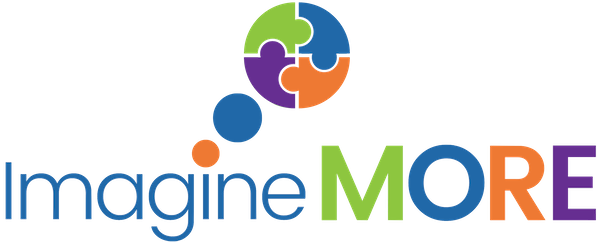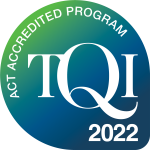Universal Design for Learning (UDL) is a research-based framework that can be used to improve teaching and learning for all students. It allows educators to meet the diverse needs of their students in both an efficient and effective way.
We invite all educators to join us to explore the teaching of mathematics within the UDL framework. This six-week, TQI-Accredited Professional Learning course will provide you with the theory and skills you need to implement Universal Design for Learning in your classroom.
About this professional learning course
- This is a six-week TQI-Accredited Professional Learning opportunity
For teachers of Year 3 to Year 10
- Workshops will be delivered online
- Small group activities with your peers
- There will be some opportunities for Canberra-based educators to meet in person
- Access to other resources and recording through an online learning portal
- Limited places available
We estimate that you’ll need to set aside up to one hour each week to work through the materials.
Facilitators
- Sarah Humphreys
- Paul Kruger
- Bruce Ferrington
Course Dates
Wednesday afternoons – 3:30 – 4:30 pm
- Workshop 1: 10 August
- Workshop 2: 17 August
- Workshop 3: 31 August
- Workshop 4: 7 September
- Workshop 5: 19 October
- Workshop 6: 26 October
Course outline
Week 1
- Introduction to valued roles and UDL in the classroom. Challenging our mindset and how we have always approached differentiation in the past
- Explore the myth of average and what it means to shift thinking and plan for students on the edges
- Who are your learners on the edges? What challenges do they experience as learners? What challenges do you experience as their teacher?
- Understanding teaching vs learning and some frameworks in mathematical pedagogy to consider
- Making connections and direct instruction in Mathematics
Week 2
- UDL framework – a brief overview of where the guidelines originated and how they are a research-based framework that draws on the sciences of how the brain learns and best practices in teaching.
- Understanding the structure of the framework by exploring its three principles
- Challenge the notion that UDL is just good teaching
- Introduce the concept of intentionally designing for the students
- Language, concrete, and pictorial representations in mathematics: addressing the needs of all learners
- Challenging mathematical tasks and engagement
Week 3
- Identifying and removing barriers in the learning environment
- Shifting participants thinking from the barrier being the learner to the barrier being the environment
- Share practical math-based examples to illustrate this point
- Why it is so important the learning goal is clear and distinct from the means of achieving the goal.
- Think-time and auditory processing
- Visual processing impairments
- Behaviour as communication
Weeks 4-5 – UDL design and implementation
- Participants will identify one issue that they would like to address (a lesson, assessment task, new unit)
- They will be guided through a process of identifying
- the students on the edges
- the barriers they can predict
- a design solution to address one (or more) of those barriers.
- They will implement their UDL-designed task and gather evidence of its impact
- Which mathematical pedagogy is for my students (and me)? A few considerations
Week 6 – UDL: an iterative design process
- During this session, participants will share their experiences of implementing their first UDL activity and will discuss what worked, what didn’t, and what will they do next time?
Teacher Standards addressed in this course
1. Know students and how they learn
- 1.1 Physical, social and intellectual development and characteristics of students
- 1.2 Understand how students learn
- 1.5 Differentiate teaching to meet the specific learning needs of students across the full range of abilities
- 1.6 Strategies to support full participation of students with disability
2. Know the content and how to teach it
- 2.1 Content and teaching strategies of the teaching area
3. Plan for and implement effective teaching and learning
- 3.1 Establish challenging learning goals
- 3.3 Use teaching strategies
- 3.4 Select and use resources
4. Create and maintain supportive and safe learning environments
- 4.1 Support student participation
6. Engage in professional learning
- 6.3 Engage with colleagues and improve practice
7. Engage professionally with colleagues, parents/carers and the community
- 7.4 Engage with professional teaching networks and broader communities



 For teachers of Year 3 to Year 10
For teachers of Year 3 to Year 10